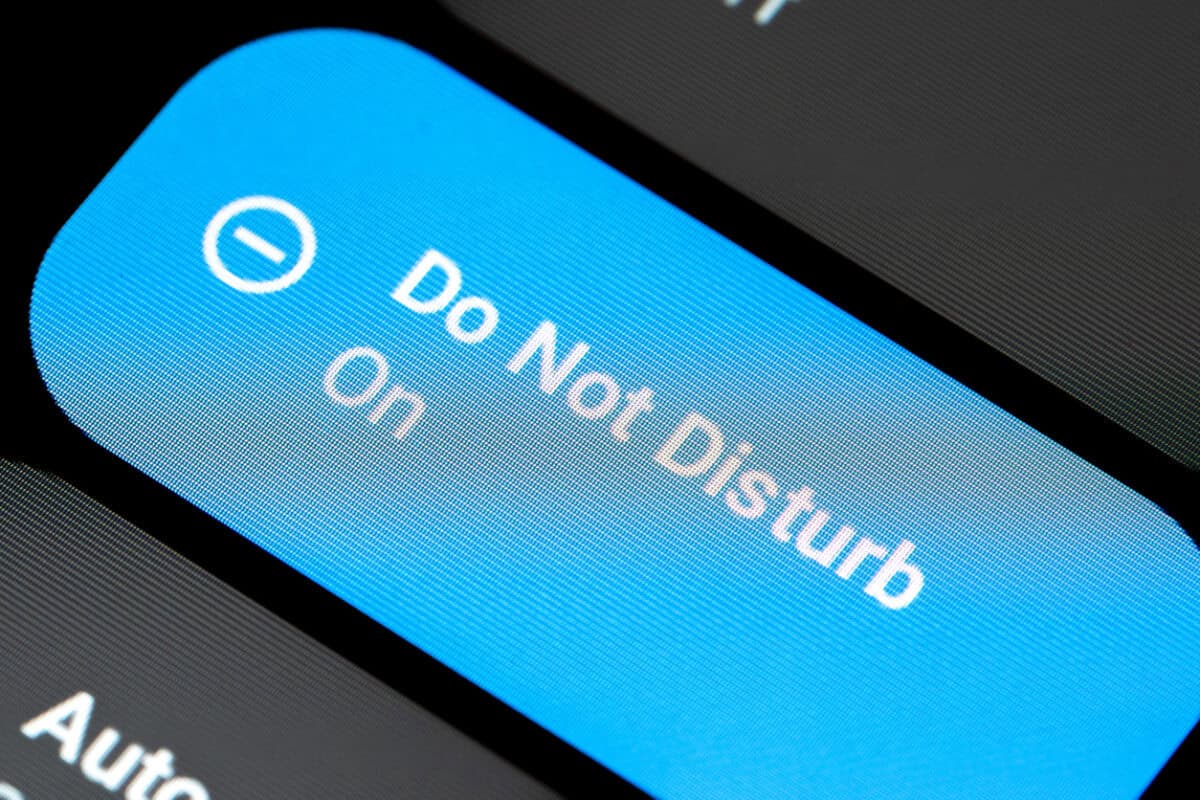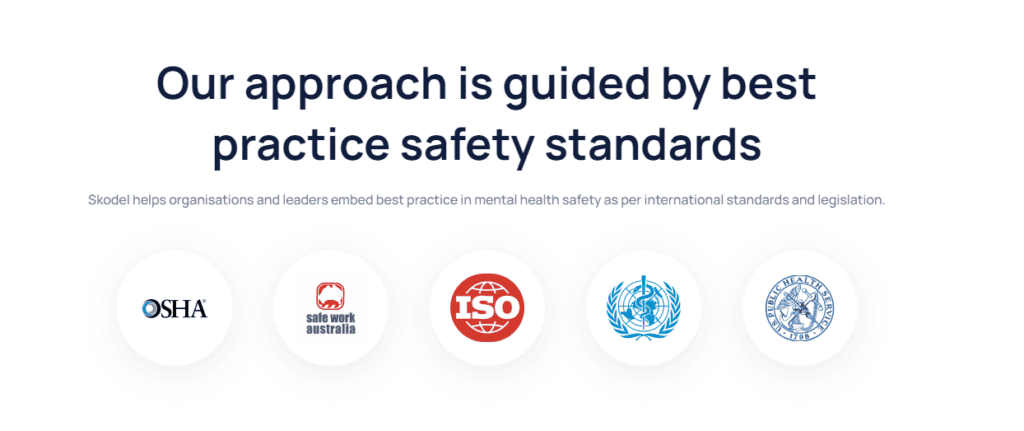I am not immune to the worries and potential of using Artificial intelligence (AI) tools in my occupational health and safety (OHS) work and writings. As with millions of others, my relationship is a work in progress.
I have long used the transcription software Otter.ai to transcribe short interviews. It remains less accurate than human transcription, but it remains useful. One of its new AI tools is that it can analyse all of the conversations recorded through Otter.ai or uploaded to it for transcribing. I have years of recordings at OHS conferences, seminars, webinars, and interviews, so I asked this question:
“Why does the Human Resources profession struggle with preventing psychological and psychosocial harm?”
This was its response:








